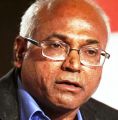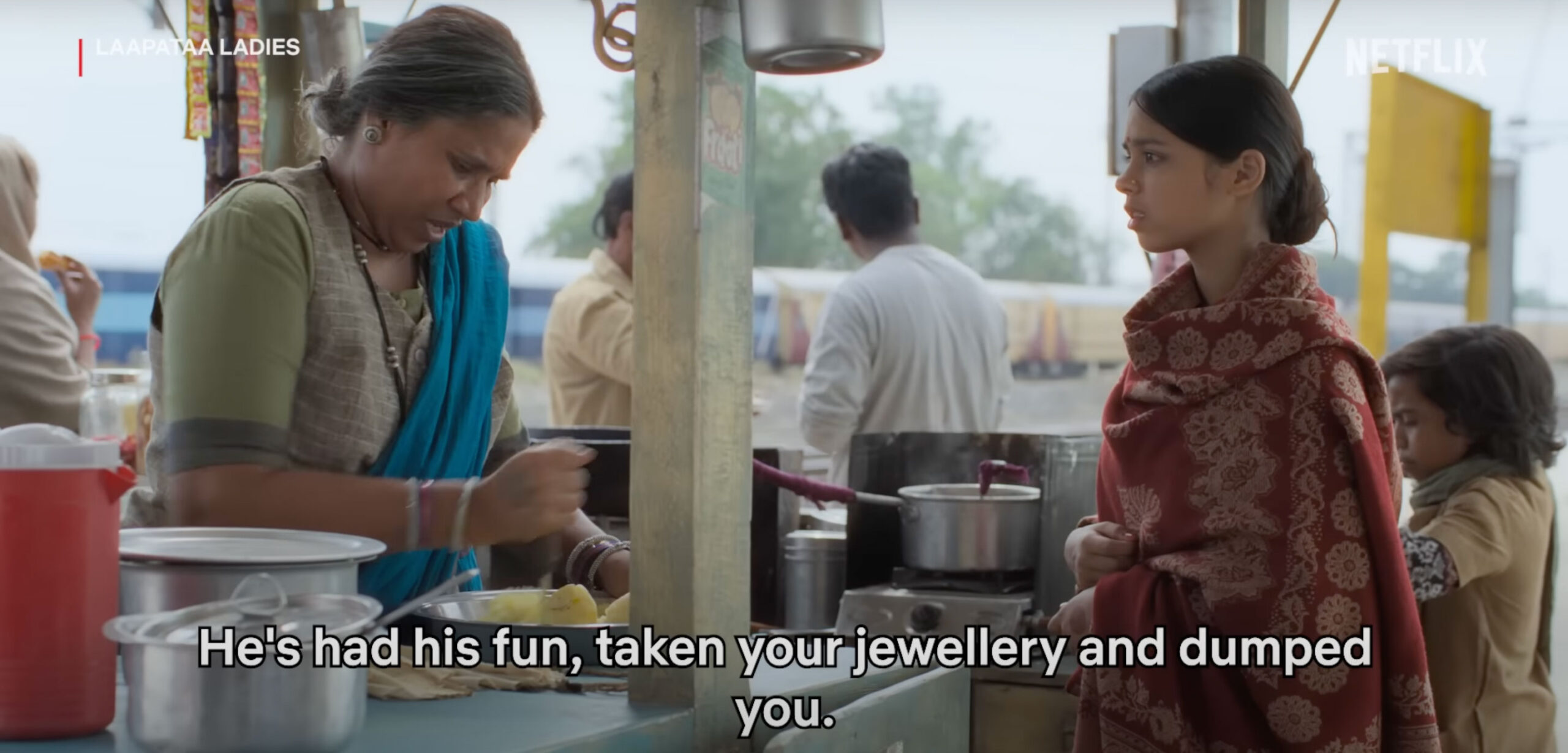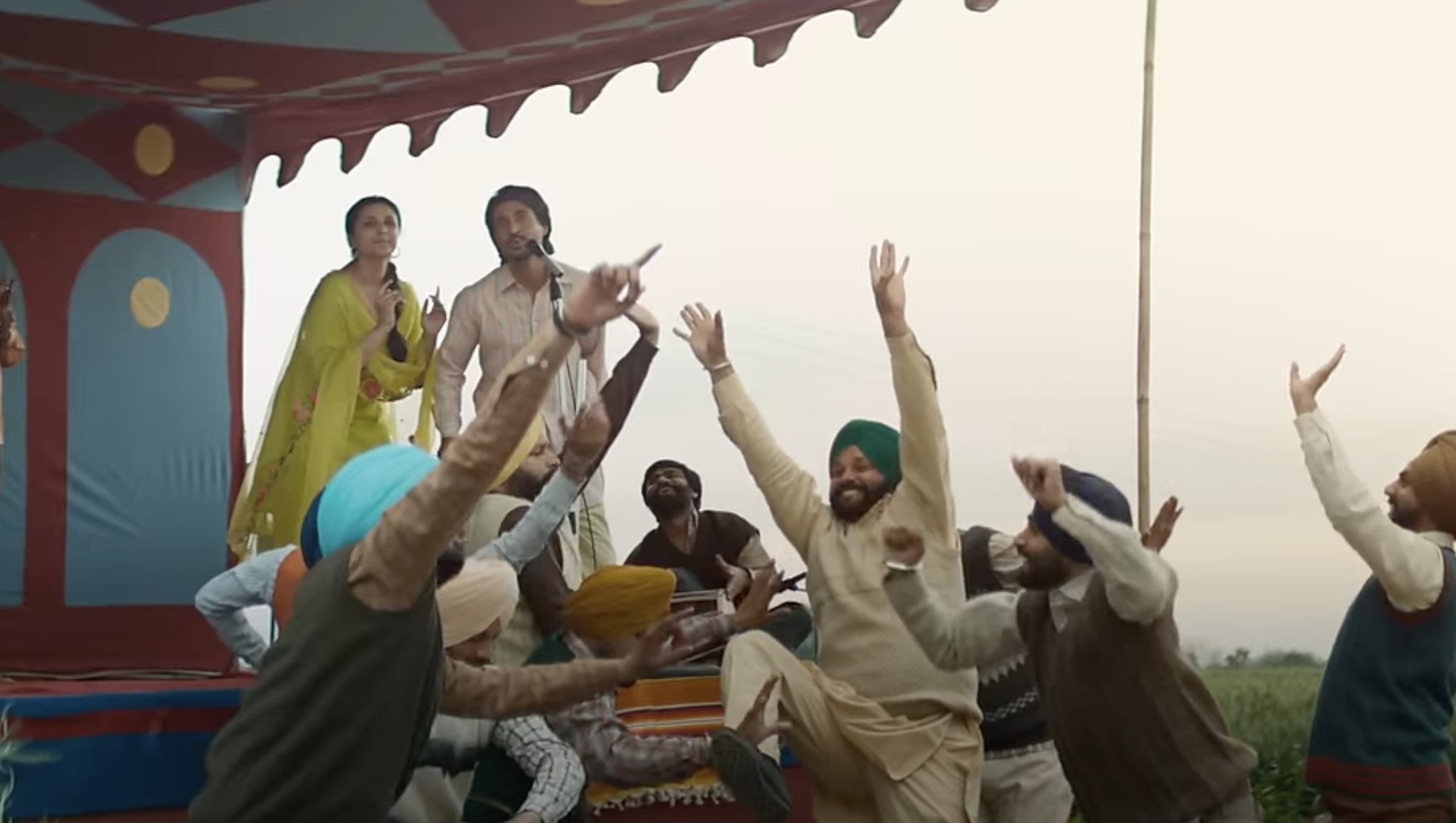But for the accidental reading of Shahu Maharaj’s letter to the former governor of Bombay presidency, Lord Sydenham, written in 1918, I would not have thought of writing this essay. As I wrote about Brahmin-Bania power over society and State both post Independence and earlier over the years amid threats to my life and cases foisted on me in various levels of courts, the Dwija pundits tried to dismiss my arguments. Many Brahmin-Bania liberal intellectuals argue that when so many Shudra kings ruled the Indian states in ancient and medieval times how could the Brahmin-Banias have controlled the system! For a long time, they also dismissed Babasaheb Ambedkar and Mahatma Jotirao Phule’s observations about the grip of Brahmins on the State and society on the same grounds. But a lengthy letter written by Shahu, as the king of the Kolhapur state that existed till 1947 and belonged to the dynasty of the great king Chhatrapati Shivaji, provides an indisputable testimony of how the Shudra kings suffered under the spiritual and intellectual yoke of Brahmins. This control of Brahmin priestly forces who, apart from being head priests in every kingdom, occupied the office of the prime minister in all Shudra monarchical states and other bureaucratic networks, has existed from the days of Kautilya, the author of Arthashastra – a book of dangerous statecraft.
About The Author

Kancha Ilaiah Shepherd
Kancha Ilaiah Shepherd is a political theorist, author and activist. He has been a professor of Political Science at Osmania University, Hyderabad and director of the Centre for the Study of Social Exclusion and Inclusive Policy at Maulana Azad National Urdu University, Hyderabad. He is the author of ‘Why I Am Not a Hindu’, ‘Buffalo Nationalism’ and ‘Post-Hindu India’




